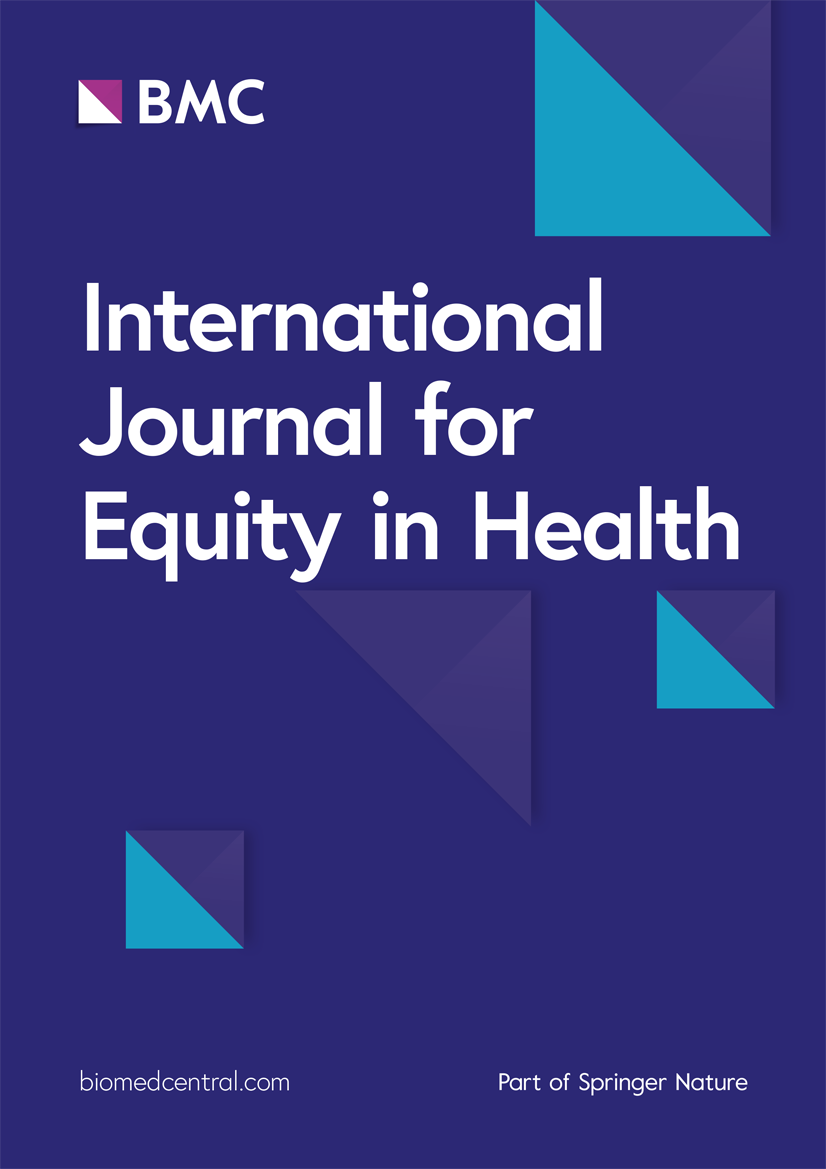Civil rights concerns in Arizona’s pediatric healthcare desert

From Leslie Ross, chairperson; Eric Yordy, vice chairperson; Christina Sandefur, secretary; Angela Banks; Rebekah Browder; Tessa Dysart; Patty Ferguson-Bohnee; David Kim; Theresa Rassas; Jonathan Rose; Beverly Traver; Heather Whitemanrunshim and Henry Whitmer, members of the Arizona Advisory Committee to the U.S. Commission on Civil Rights
Arizona faces a persistent challenge in pediatric healthcare — one that disproportionately affects racial and ethnic minority children. The Arizona Advisory Committee to the U.S. Commission on Civil Rights recently examined disparities in healthcare access across the state, identifying three urgent and interconnected issues: high numbers of uninsured children, a severe shortage of healthcare providers in rural areas, and inadequate data collection.
Arizona ranks among the worst in the nation for uninsured children. In 2022, more than 142,000 children — 8.4% of the state’s youth-lacked health insurance, far above the national average of 5.1%. The disparities are even more stark among children of color: 13.6% of Native American children, 12.2% of Black children, and 10.3% of Latino children are uninsured, compared to 5.9% of white children.
These disparities reflect a long-standing pattern of neglect and under-investment in healthcare systems that serve marginalized communities, especially in tribal areas. The Indian Health Service, which is tasked providing healthcare to the Native American community, has been chronically underfunded and ill-equipped to meet community needs.
However, there is reason for hope. In 2024, the Supreme Court’s decision in Becerra v. San Carlos Apache Tribe reaffirmed the federal obligation to fully fund contract support costs for tribes that run their own health programs. Native American leaders across Arizona consider this a pivotal moment in the fight for equitable care. By empowering tribal communities to control and expand their health services, the decision could lead to culturally relevant and community-driven healthcare solutions that improve outcomes for Native children.
Access is not just about coverage-it’s also about proximity and availability of providers. Arizona’s rural and tribal areas suffer from shortages of specialists and pediatricians. For example, Apache County, which has the greatest amount of tribal reservation land of any Arizona county, has only one hospital, no ICU beds, and a fraction of the healthcare personnel available in more populated counties like Maricopa and Pima. Without nearby providers and specialists, many children never establish a regular source of care and must travel long distances.
The situation is worsened by a lack of consistent and inclusive health data, which poses challenges to obtain accurate information for future policy decisions.
The committee’s report issued several recommendations to address these challenges.
First, the Arizona Legislature should mandate that all parents receive written notice of their child’s eligibility for Medicaid programs like KidsCare — the state’s Children’s Health Insurance Program — at birth, and annual reminders through age 26. Increasing funding for outreach about KidsCare, particularly in underserved communities, would help ensure families are aware of and can access coverage.
Second, lawmakers should prioritize expanding the healthcare workforce in rural and tribal areas. That means lifting the cap on Medicare-funded residency positions, expanding loan forgiveness programs for healthcare workers in underserved areas, and increasing funding for community-based medical training.
Third, the state must invest in stronger data systems that include and respect tribal communities. Health outcomes cannot be improved without knowing where and why gaps exist. A more accurate, consistent, and culturally competent approach to data collection would allow for better resource allocation and policy responses.
Too many children in Arizona experience disparities in access to basic healthcare. Addressing these challenges isn’t just about better healthcare — it’s about protecting the civil rights and human dignity of every child in Arizona.
—
- Leslie Ross, chairperson
- Eric Yordy, vice chairperson
- Christina Sandefur, secretary
- Angela Banks
- Rebekah Browder
- Tessa Dysart
- Patty Ferguson-Bohnee
- David Kim
- Theresa Rassas
- Jonathan Rose
- Beverly Traver
- Heather Whitemanrunshim
- Henry Whitmer
members of the Arizona Advisory Committee to the U.S. Commission on Civil Rights
link





